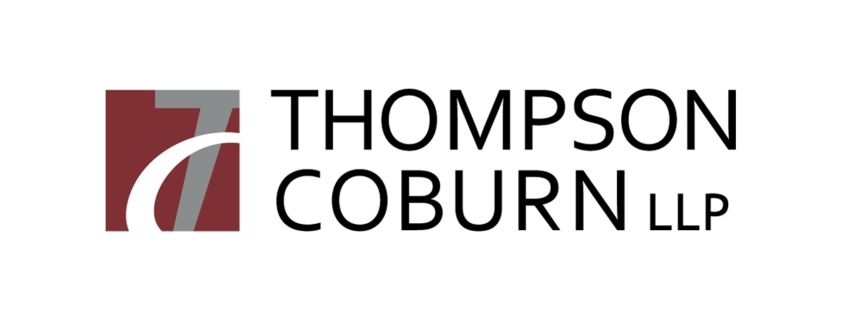5 Safeguards to Help You Avoid Email Scams
If unwanted emails — often called spam — clog your inbox, you’re not alone. Some experts estimate spam accounts for over 40% of all email traffic worldwide.
Unfortunately, a lot of spam is carefully designed by their senders to bypass the spam filters built into webmail and Internet service providers’ email platforms. While much of that mail consists of clever sales pitches, many have links and content that are scams.
Staying safe
According to Krista Wrona, who heads Policy, Governance & Training, Fraud Risk Management, at TD Bank, email has made it easy for criminals to send such scams to millions of people at very little cost.
“So even if just a tiny percentage of recipients respond, the perpetrators can make a lot more money than robbing a store, a bank, or some other establishment,” she explained. “And the chances of getting caught are slim.”
To keep you safe, Krista urges you to keep the following considerations in mind when handling your email:

Confirm senders of important messages.
While banks and other financial services providers might send you important and sometimes government-mandated notifications, they will never ask you for personal information or to click on a link as a way to respond.
This type of email is called a phishing email because the sender is “fishing” for your information. If you receive any such message but it seems urgent or serious, call your bank’s customer service number and talk to a live agent to find out if the message is legitimate or not. You should note that banks will never call you asking for personal information or credentials.
Don’t open emails from people or businesses you don’t know.
Many fraudulent messages get opened by using enticing subject lines with promises of health or wealth. These can be especially appealing to people who may be suffering chronic illnesses or financial distress. If you do open such a message, do not open any attachments, or click on any links. Either one can download malware onto your computer.
One type of malware called spyware can copy your login information — ID and password — for your bank, other financial services provider, credit card, or favorite online…


